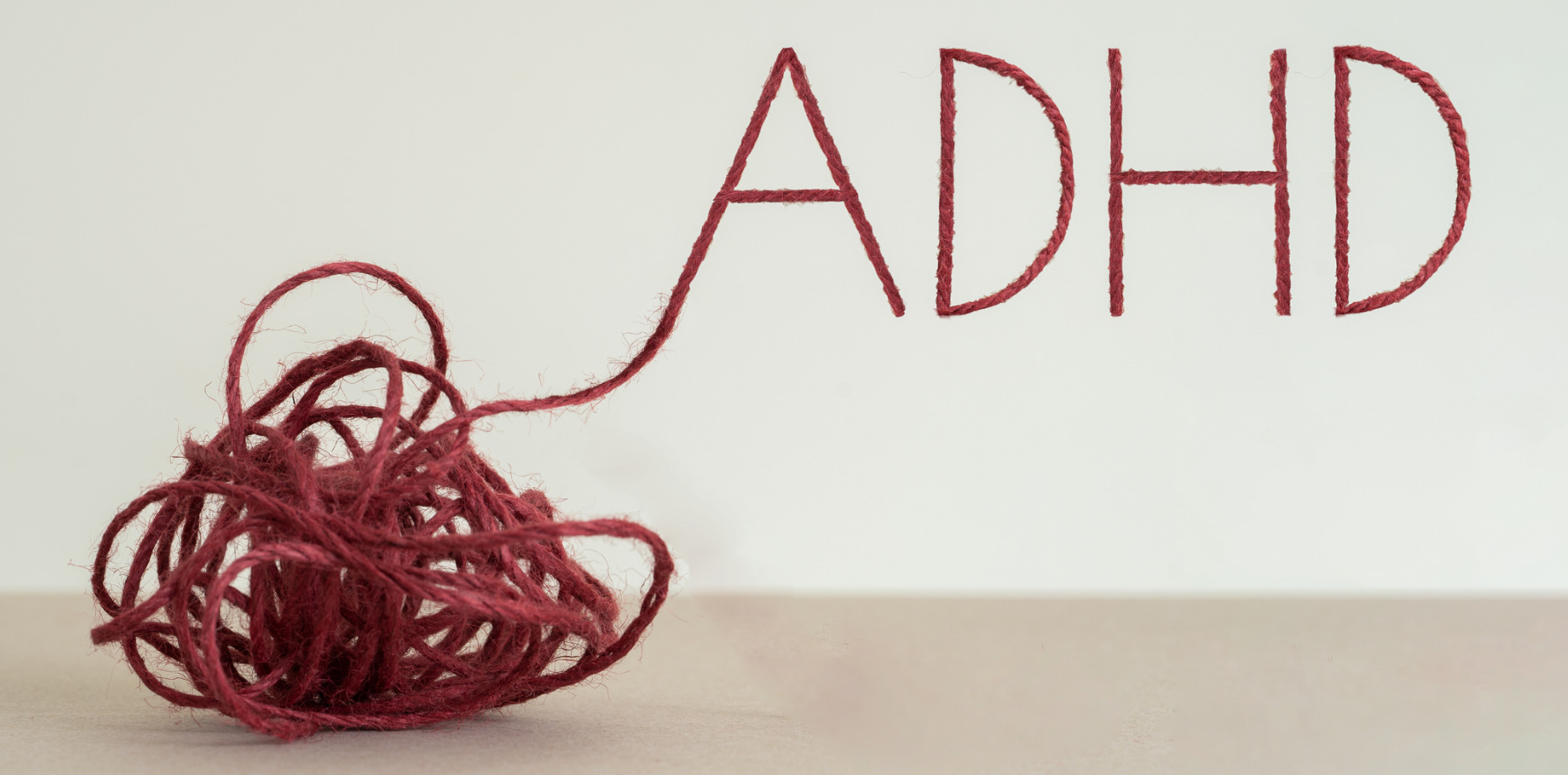NPs are trained, ready and willing to diagnose and care for people with ADHD. They just need to be allowed to do it.
Nurse practitioners are being ignored, under-resourced and under-used when it comes to the diagnosis and management of people with ADHD, a national inquiry has heard.
Speaking today at the Senate Community Affairs References Committee inquiry into assessment and support services for people with ADHD, CEO of the Australian College of Nurse Practitioners Louise Boase said she had so much trouble finding help for an adult ADHD patient with plenty of money in metropolitan Melbourne that the thought of how it was for rural and financially struggling patients gave her “cold chills”.
“There are not enough providers doing the assessment and diagnosis,” she said. “And then at the other side, support services are lacking and need to be built.
“It’s professionals like nurse practitioners who are willing to do the training. We’re willing to do the assessment. Not all health practitioners are willing to do this.
“We really want to do this. We’re a beautiful, wasted resource in this regard. This is an area in which we really could be much better utilised.”
The college also called for nurse practitioners (NPs) to be granted the authority to prescribe ADHD medications under the Pharmaceutical Benefits Scheme.
Sonia Evans, a member of the Australian College of Nurse Practitioners, said it was hard for her to express her level of frustration at not being allowed to practice at the top of their scope.
“It feels like no matter which way we turn as healthcare providers there are limitations and boundaries being put on our service and our capacity to deliver service to help families,” Ms Evans said.
Ms Boase agreed.
“I tried to get a child into a mental health service for a formal diagnosis,” she told the committee.
“Because I was a nurse practitioner, that referral was declined. [That] happens time and time again. It’s just layer upon layer of challenges. Nurse practitioners can’t do mental health care plans, it’s not recognised. We can refer to a psychologist, but the family or the person will need to pay that Medicare rebate.
“[Using a nurse practitioner] doesn’t count towards their safety net, which is really important particularly for people with complex health needs to be able to have all of their healthcare encounters count towards their safety net.
“Even just getting localised support from the school, writing a letter to the school, introducing myself and my role in their care, what referrals are in place and asking for certain considerations to be made at school – the schools say, ‘well, you’re not a doctor, so we’re not really willing to listen to you’.”
In its submission to the inquiry the ACNP detailed its members’ qualifications to diagnose ADHD and other DSM-V conditions.
“Nurse practitioners with appropriate training and experience can diagnose ADHD, utilising a comprehensive biopsychosocial model and in consideration of physical illnesses that may mimic neurodevelopmental conditions,” the submission said.
“These NPs offer biopsychosocial assessments, clinical investigations (pathology, urine drug screen testing, electrocardiogram, etc.), diagnostic evaluations, use of clinical assessment tools, differential diagnosis, prescribing, psychological therapies (including cognitive behaviour therapy), and medical follow-up, thereby alleviating the burden on the psychiatry workforce.”
However, the barriers to NPs being routinely involved in the diagnosis and provision of care for people with ADHD were numerous.
“ADHD testing tools are not readily available to Nurse Practitioners through Australian organisations such as Psychological Assessments Australia or Australian Council for Educational Research because they are not recognised by those organisations as diagnosticians,” said the submission.
“This barrier requires them to purchase assessment tools from alternative US-based sources.
“NPs are not recognised by certain state education departments, such as in Queensland, impacting the ability of clients accessing NP services to receive learning support through school until their diagnosis is confirmed by currently recognised professionals.
“The resulting delay creates barriers to adequate education, potentially leading to disengagement from school, increased behavioural issues, and ongoing social and academic difficulties, which can contribute to further mental health issues as the young person matures.
“Patients currently bear private costs when NPs refer for a urine drug screen (item 66623), and other relevant tests, which should ideally be covered under the Medicare Benefits Schedule, especially when working with ADHD, stimulants, and non-stimulant medications.”
NPs are restricted by the PBS from initiating or maintaining prescriptions for ADHD medications like guanfacine, atomoxetine, and clonidine.
As a consequence, the college maintained, patients bear private non-PBS expenses for these medications when prescribed by an NP, amounting to over $100 per month.
“An alternative option is for patients to rely on ongoing consultations with medical specialists to obtain prescriptions. This incurs substantial costs, exceeding $400 per appointment, with some patients being required to attend twice yearly appointments,” said the college’s submission.
“This also requires annual referrals from either the NP or a GP.
“The inability of nurse practitioners to prescribe essential medications results in a significant fragmentation of care.”
Do you have a story tip for us, or a topic you would like to see us cover? Contact the editor at editor@healthservicesdaily.com.au.




